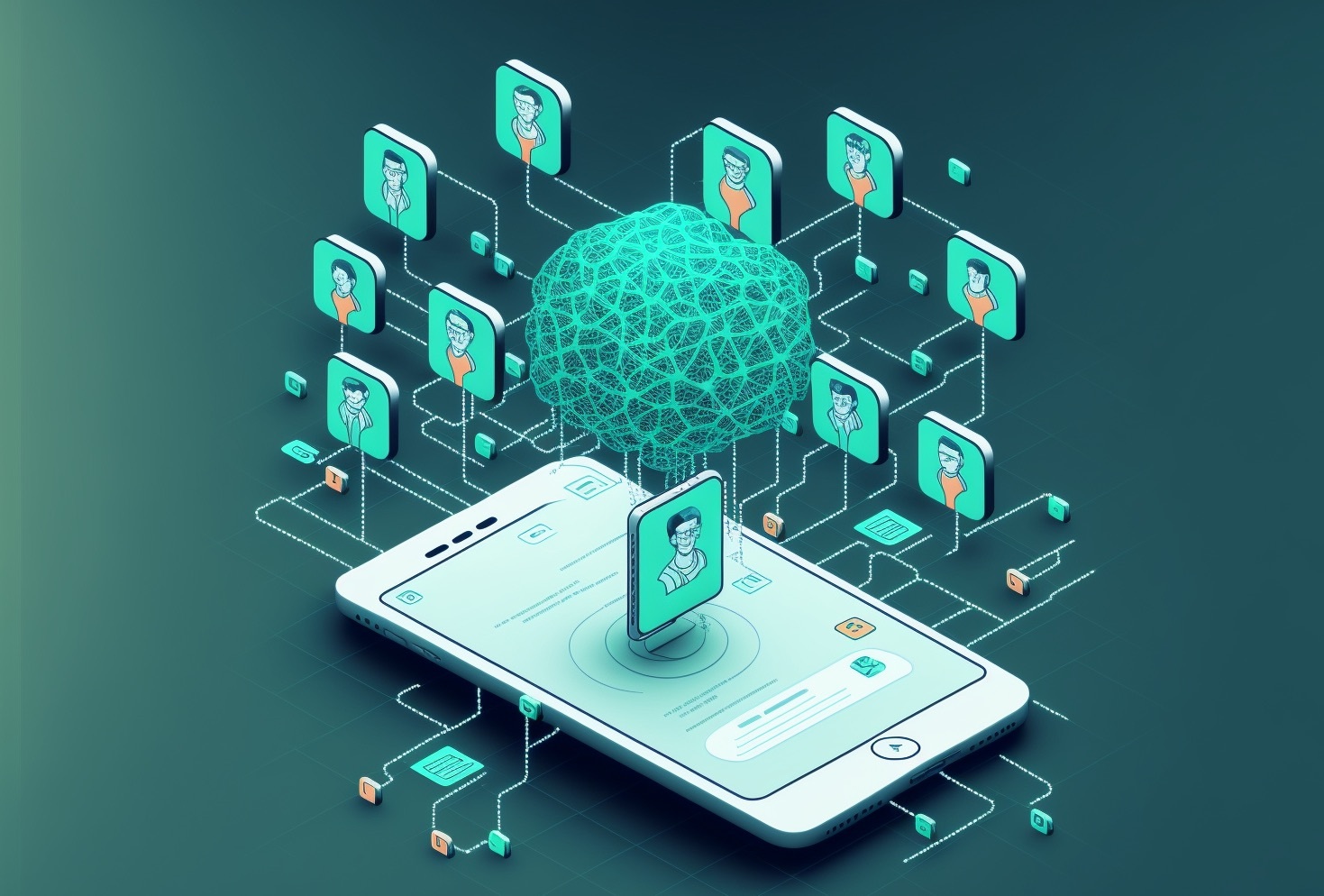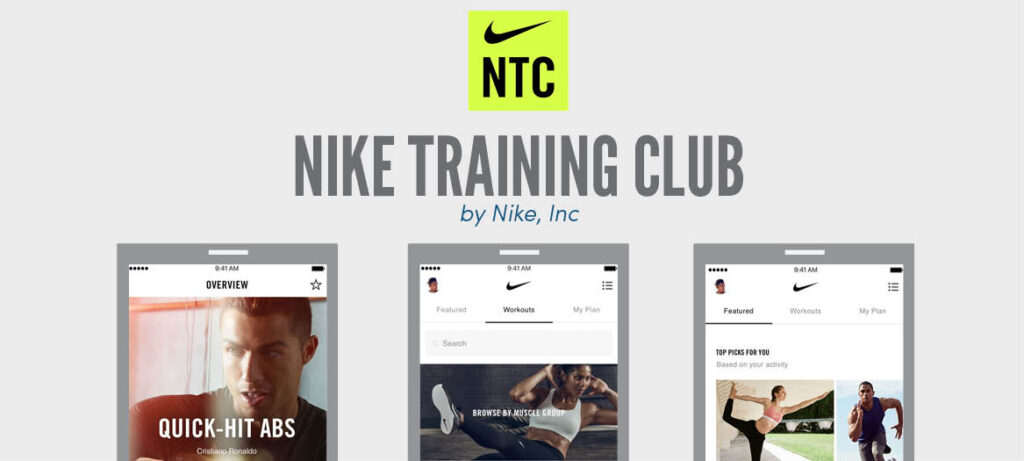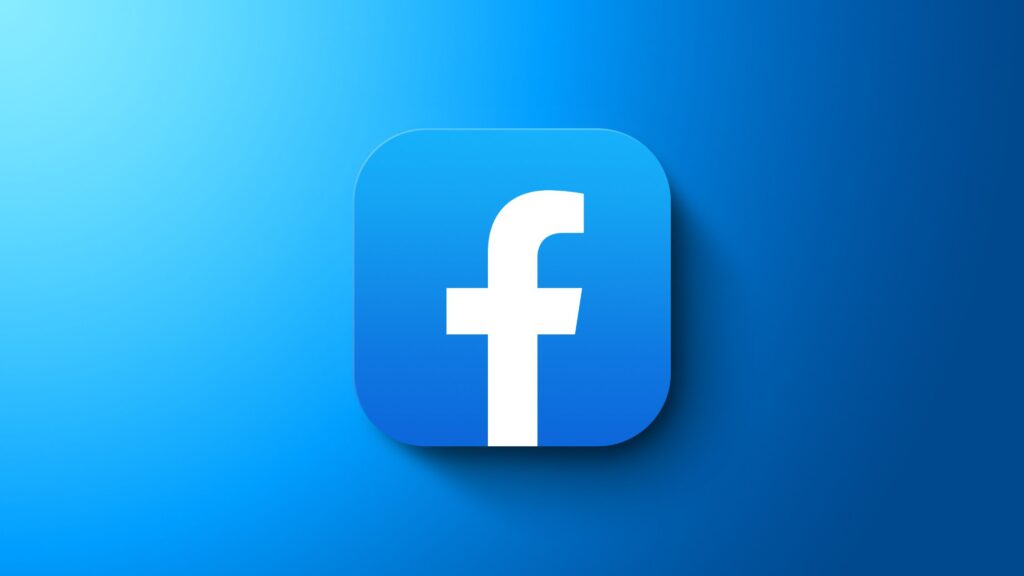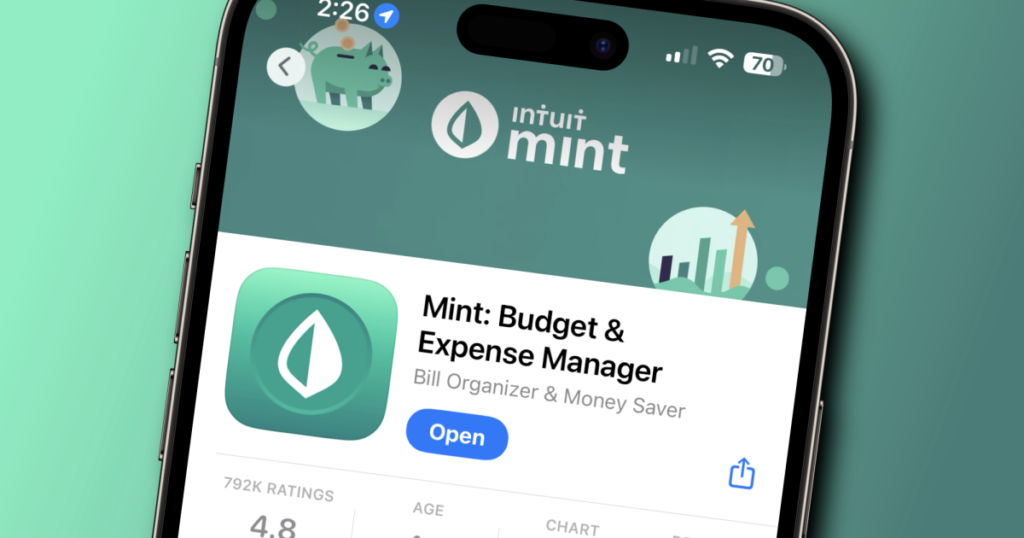Contact
Blockchain technology, originally introduced as the underlying technology for cryptocurrencies like Bitcoin, has now expanded its applications beyond the financial sector. Mobile apps, being an integral part of our daily lives, are also exploring the potential of blockchain technology to enhance security, enable decentralized systems, and streamline transactions. In this article, we will delve into the various ways blockchain can be leveraged in mobile apps, providing examples of blockchain-powered apps and platforms that are gaining traction in the industry.
Enhancing Security with Blockchain in Mobile Apps
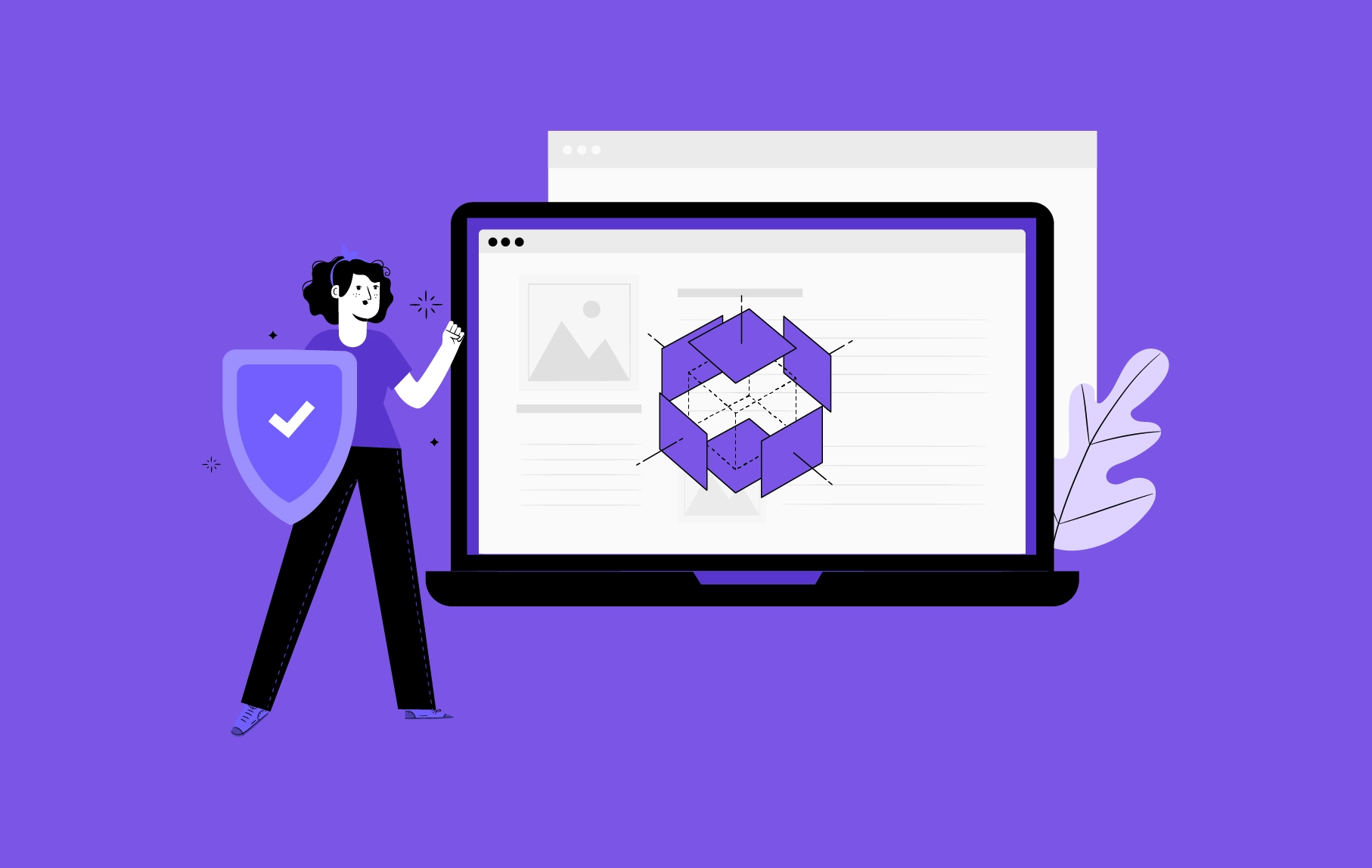
- Tamper-Proof Data Storage: Blockchain’s distributed and decentralized nature makes it an ideal solution for secure data storage in mobile apps. Instead of relying on a central server vulnerable to hacking, blockchain stores data across a network of computers, making it extremely difficult for malicious actors to alter or tamper with the data. This feature can be particularly valuable in apps that deal with sensitive user information, such as healthcare or financial apps.
- Secure User Authentication: Blockchain can enhance the security of user authentication in mobile apps by eliminating the need for traditional username-password combinations. With blockchain-based authentication, users can have a unique digital identity stored on the blockchain, ensuring secure and tamper-resistant authentication. This approach reduces the risk of identity theft and unauthorized access to user accounts.
- Immutable Transaction History: Blockchain’s immutability ensures that once a transaction is recorded on the blockchain, it cannot be altered or deleted. This property is beneficial for mobile apps that require transparent and auditable transaction histories, such as supply chain management or voting apps. Users can have confidence in the integrity of the transaction data, reducing the need for intermediaries and enhancing trust between participants.
Enabling Decentralized Systems with Blockchain in Mobile Apps
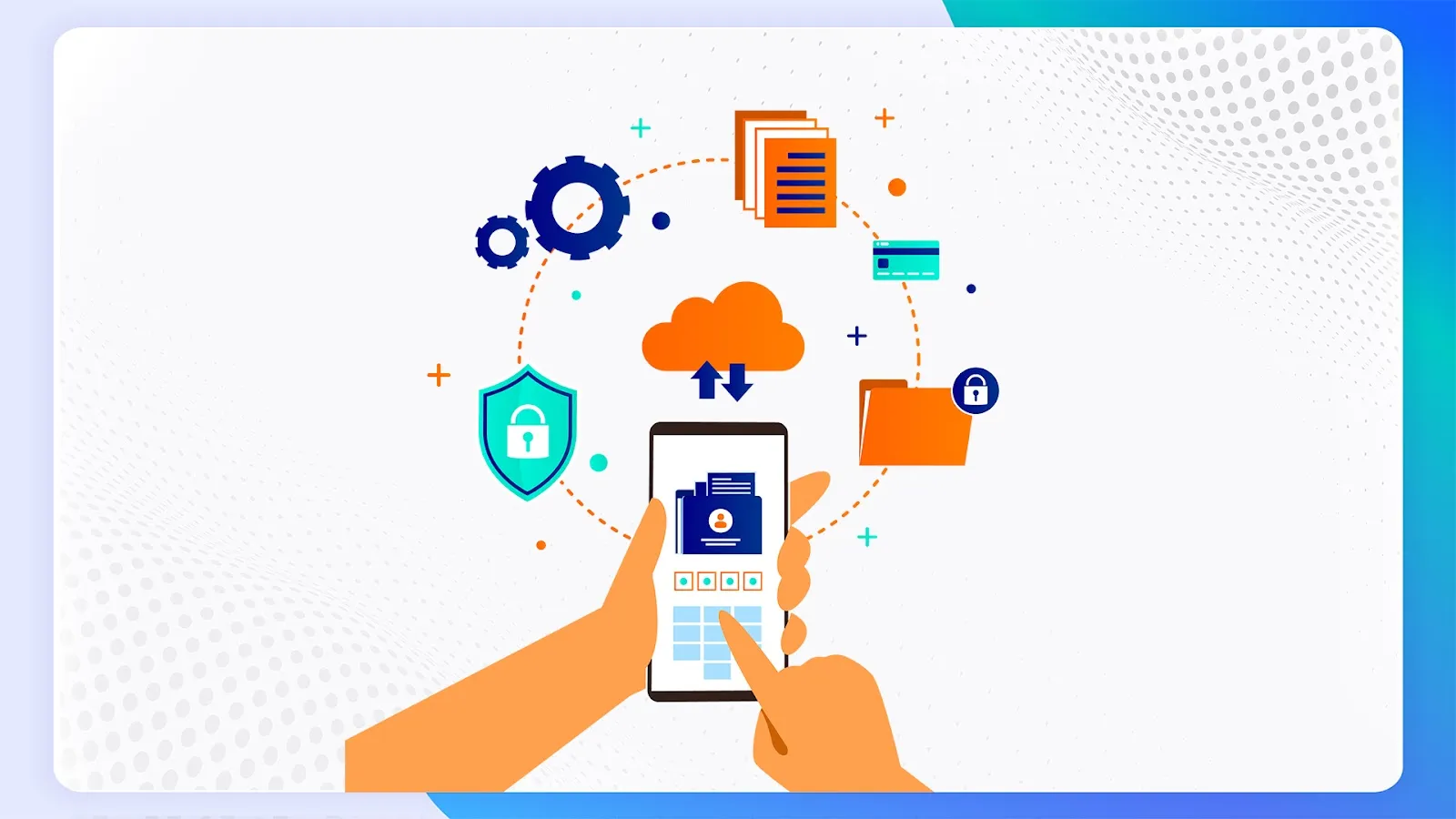
- Decentralized App Marketplaces: Blockchain can enable decentralized app marketplaces, where developers can publish their apps and users can download them without relying on a centralized authority. These marketplaces leverage smart contracts, which are self-executing contracts with predefined rules and conditions. Blockchain-based app marketplaces eliminate the need for intermediaries, provide transparent revenue sharing models for developers, and enhance user privacy.
- Decentralized File Storage: Traditional mobile apps often rely on centralized servers for storing user data and files. Blockchain-based decentralized storage solutions, such as IPFS (InterPlanetary File System) or Sia, enable users to store their data across a distributed network of nodes. This approach enhances data privacy, reduces the risk of data loss, and enables users to have greater control over their own data.
- Decentralized Messaging and Communication: Blockchain-powered mobile apps can facilitate secure and private messaging and communication channels. By leveraging decentralized networks and encryption protocols, these apps ensure that messages are transmitted directly between users without intermediaries. This approach eliminates the risk of data breaches and unauthorized access to sensitive conversations.
Streamlining Transactions with Blockchain in Mobile Apps
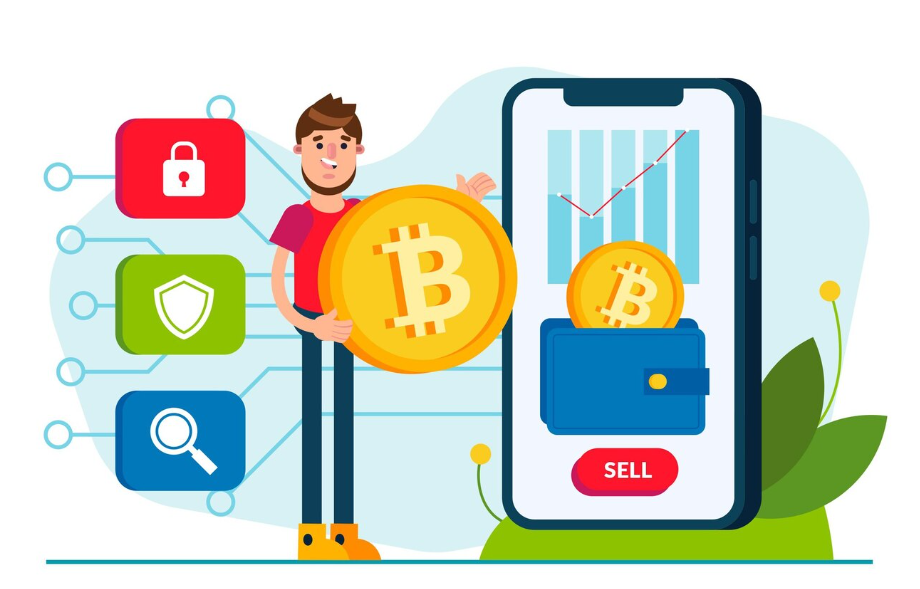
- Cryptocurrency Wallets and Payments: Blockchain-based mobile apps can serve as cryptocurrency wallets, allowing users to securely store and manage their digital assets. These wallets enable users to send and receive cryptocurrencies, perform transactions, and monitor their balances. Additionally, mobile apps can integrate with point-of-sale systems, enabling users to make payments with cryptocurrencies in physical stores.
- Tokenized Assets and Digital Collectibles: Blockchain technology enables the tokenization of real-world assets and the creation of digital collectibles. Mobile apps can leverage blockchain to facilitate the ownership, transfer, and trading of tokenized assets, such as real estate or artwork. Similarly, digital collectibles, often known as Non-Fungible Tokens (NFTs), can be bought, sold, and exchanged through blockchain-powered mobile apps.
- Smart Contracts and Decentralized Finance (DeFi): Smart contracts, programmable contracts that automatically execute predefined conditions, are a prominent feature of blockchain technology. Mobile apps can integrate with blockchain platforms supporting smart contracts to provide access to decentralized financial services. This includes lending and borrowing platforms, decentralized exchanges, yield farming, and other DeFi applications. These apps enable users to access financial services without relying on traditional financial intermediaries.
Examples of Blockchain-Powered Mobile Apps and Platforms
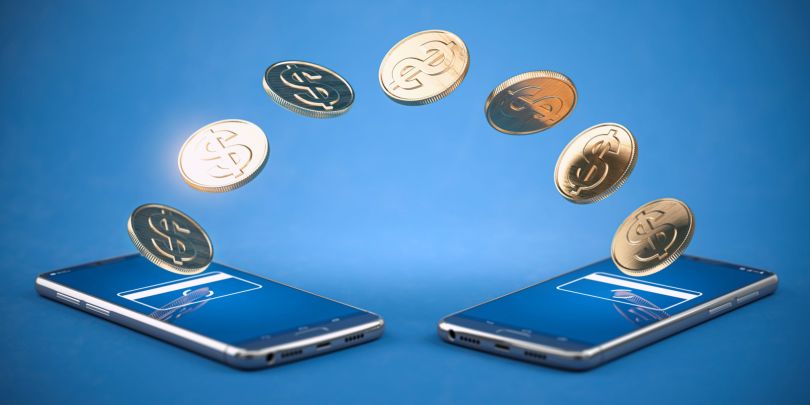
- MetaMask: MetaMask is a popular browser extension and mobile app that serves as a cryptocurrency wallet and a gateway to the Ethereum blockchain. It allows users to securely manage their Ethereum-based assets, interact with decentralized applications (dApps), and participate in blockchain-based ecosystems.
- Axie Infinity: Axie Infinity is a blockchain-based mobile game that combines elements of gaming, collectibles, and decentralized finance. Players can collect, breed, and battle virtual creatures called Axies, all of which are tokenized as NFTs on the Ethereum blockchain. Players can earn in-game currency and trade their Axies in a decentralized marketplace.
- Theta Network: Theta Network is a blockchain-powered video streaming platform that aims to decentralize video content delivery. The mobile app allows users to earn Theta Fuel tokens by sharing theirbandwidth and computing resources to relay video streams. It also provides users with access to decentralized live streaming and video-on-demand content.
In conclusion, blockchain technology offers tremendous potential for enhancing security, enabling decentralized systems, and streamlining transactions within mobile apps. By leveraging blockchain’s features such as tamper-proof data storage, secure user authentication, decentralized app marketplaces, and smart contracts, mobile apps can provide users with more secure, transparent, and efficient experiences. Examples like MetaMask, Axie Infinity, and Theta Network showcase the diverse applications of blockchain in mobile apps across various industries. As blockchain continues to evolve and gain wider adoption, we can expect to see even more innovative use cases and transformative impacts on the mobile app landscape.

